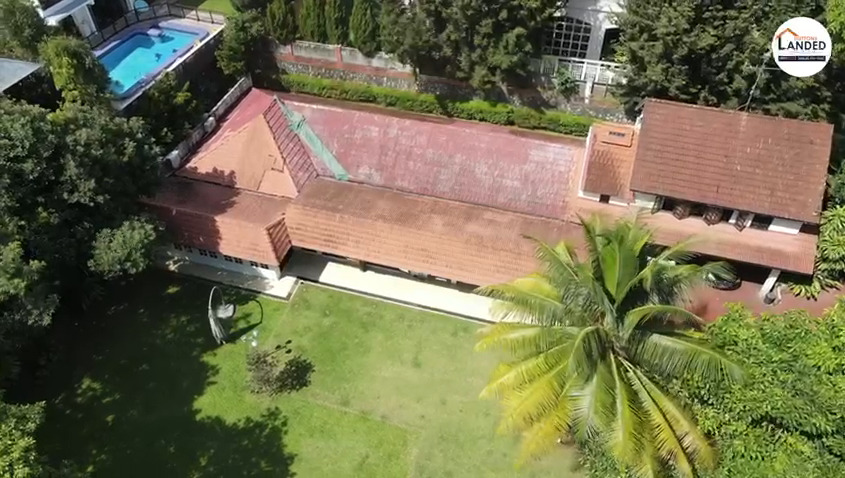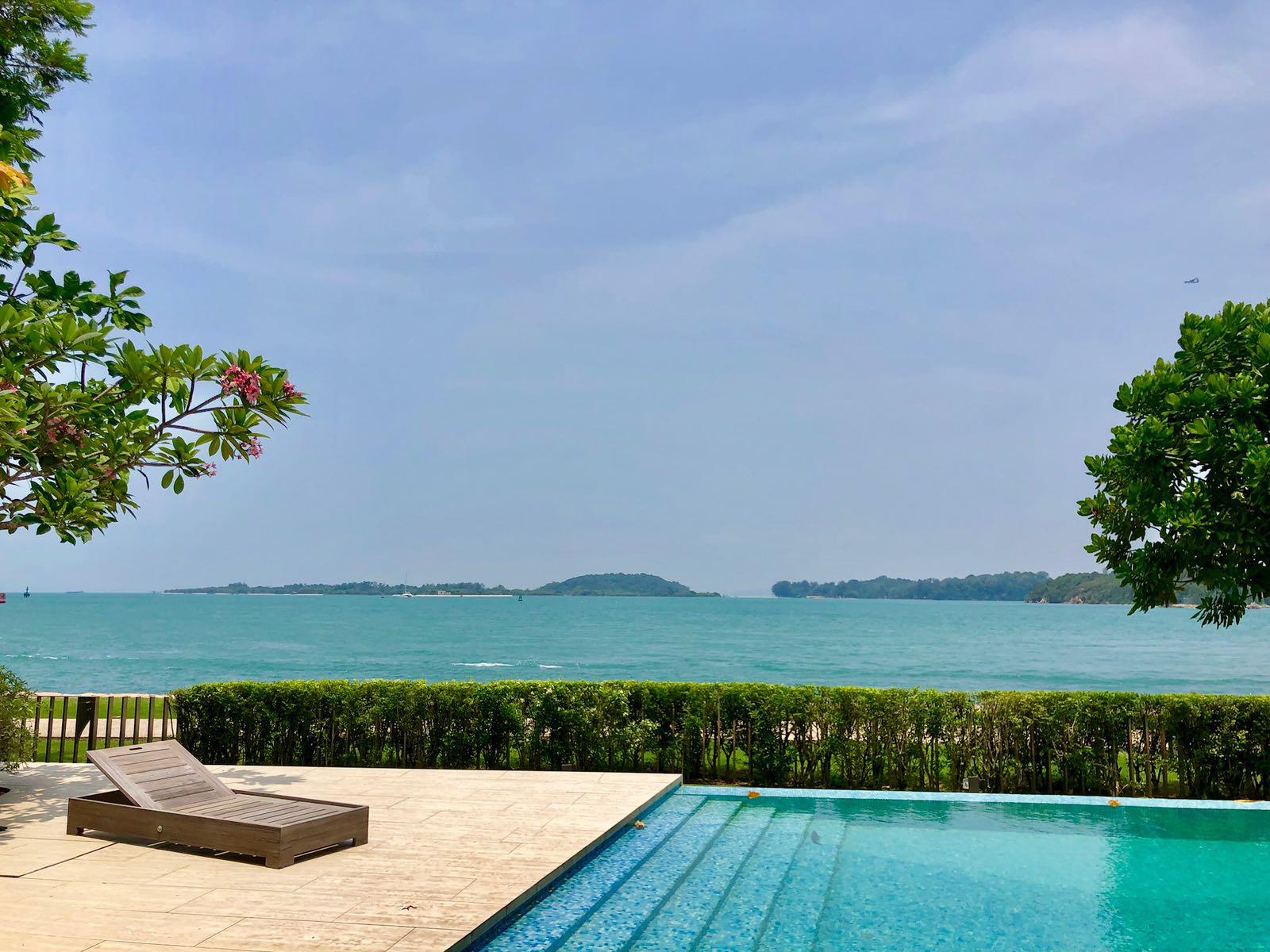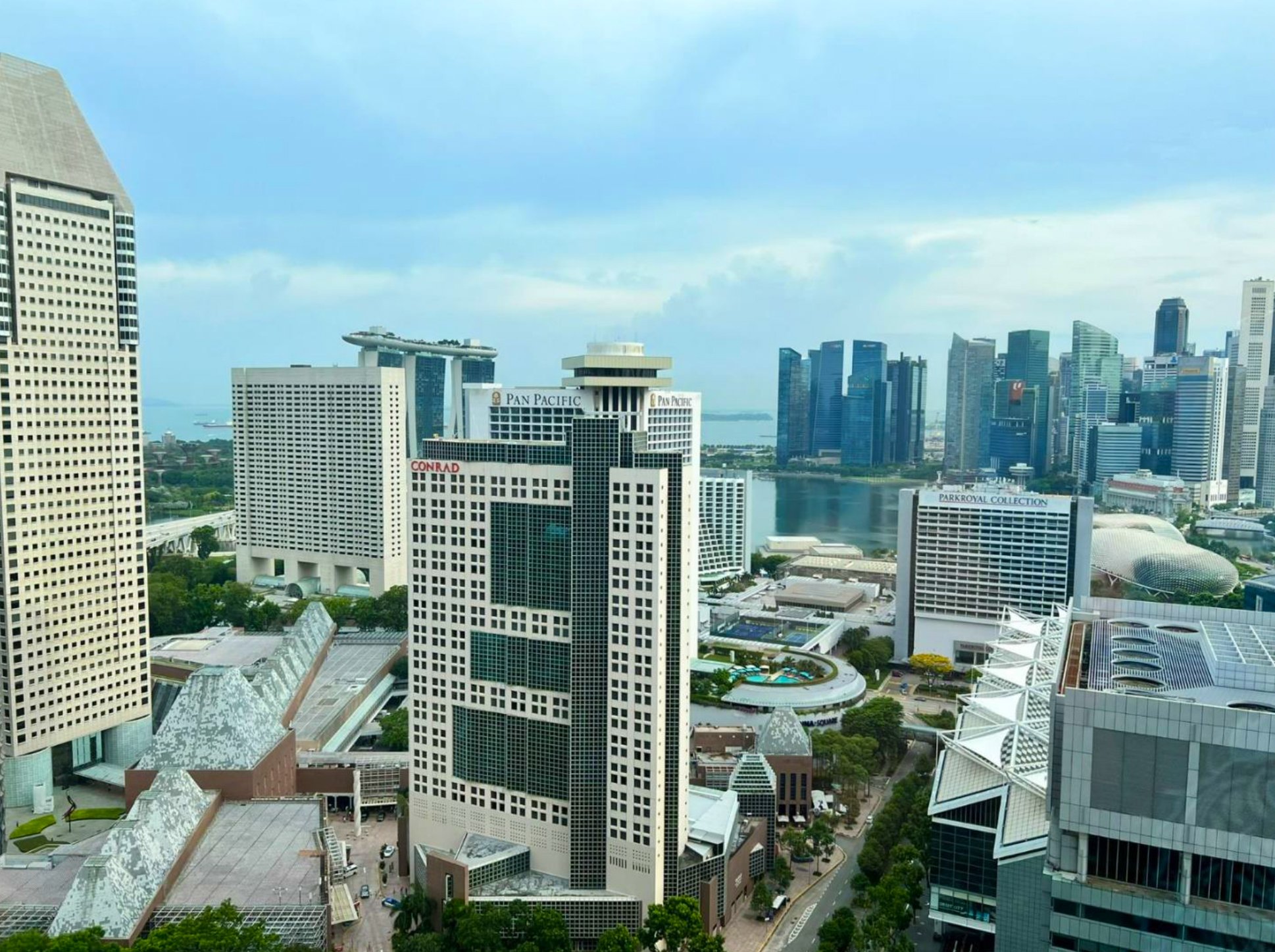Recently, we’ve heard about Crazy Rich Asian kind of property purchases by ultra high-net-worth individuals in Singapore.
This is as the world is seeing an increasing number of the ultra HNWI — a 9.3% increase from 558,828 in 2020 to 610,569 in 2021.
Ultra high-net-worth individuals refer to those with a net worth of at least US$30 million.
Specifically in Singapore, the increase is 9% from 3,874 to 4,206 over the same period. In the same vein, there’s an increase in the number of family offices being set up here, with Bloomberg citing an MAS spokesperson that the financial authority has approved more than 100 family office applications in the first four months of 2022.
So we asked three property agents who serve the ultra HNWI to divulge a bit more about their experiences.
Who are all these ultra HNWI clients buying properties in Singapore?
According to the agents we talked to, most of the ultra HNWI clients are foreigners, with the majority hailing from China running their own businesses.
For Donny Lee, ERA Senior Group Division Director, around 70% to 80% of his ultra HNWI clients are from China.
Likewise, for Kevin Feng, Senior District Director at PropNex, 80% of his ultra HNWI clients are from China and Hong Kong.
“Most of them are company owners, listed company shareholders or fund managers.”
Aric Lim, Senior Division Director at Huttons, tells us his foreign ultra HNWI clients come from various trades, such as energy and blockchain.
“I have clients who deal with power plants, solar energy, so, like, maybe they do solar energy in half of the cities in China. That’s how rich they are.”
Despite the recent crypto collapse, he says the team still gets a lot of clients from the industry, although they only take up around 30% of his ultra HNWI clients.
“For the locals, they would be listed company bosses or real estate developers. They have been doing property for the longest time.”
While the local ultra HNWI clients go for good class bungalows (GCB), foreigners would usually buy condo units as they are not allowed to buy landed properties in Singapore. The only exception is Sentosa Cove, which they will still have to get approval from the SLA. On top of that, they’re restricted to properties with land areas not exceeding 1,800 sqm.

“A lot of the GCBs are owned by locals. In recent years, they converted [to Singapore citizenship], so they started buying. [But the locals] still have the highest percentage,” says Donny.
Property agent confessions: How it’s like to serve the ultra HNWI
Digging a little deeper to find out about their requirements (because they don’t disclose much about it)
When it comes to serving the ultra HNWI, Donny shares that agents need to learn how to understand them. He elaborates there are times when they don’t disclose much information, so he has to dig a little deeper to find out their requirements.
“Sometimes you ask them, ‘How much do you or what do you want to buy?’ They just tell you in general. Sometimes they don’t even tell you how much [their budget is].”
For these clients, what matters more is whether their purchase is worth the money.
“You need to offer them the property to see if it’s something they can accept. I think it’s more of whether they are willing to part with their money or not. More of ‘Does this product make sense for them to part with their money?’ ”
Aric echos the same observation, explaining that these clients want to get the best value for their money.
“Or rather if they like it, they like it. If they don’t like it, they won’t buy it no matter how cheap it is. So if they like it, they’re willing to pay top bucks for it.”
Arranging for viewings on the same day of notice
For Aric, there are times when he has to deal with clients calling for a viewing on the same day as the notice.
“They may call you in the afternoon, and then say, ‘I want to view house today.’”
So often, his team has to quickly call other owners and agents to arrange for viewings at such a short notice. And get scolded for it.

Aric recounts one instance in which the client had already made an offer and was ready to seal the deal at 10.30 am. However, at 7 am, the seller called to inform that they didn’t want to sell the unit anymore.
So he had to quickly call up those that were selling a similar property. By 10 am, he met the client, informed him of the last-minute back-out, and gave him three property options to view.
“These clients are already in the buying mode. So I went and straight away showed him the other three units that were available to view and we just closed the deal on the day itself.
“They’re quite demanding in terms of expectations. Because after all, all these people have seen the world. And then you know when you’re at the level of having 100, 200 million at your disposal, there are so many things you can do and buy. A lot of choices.”
Knowing the clients’ profile
On top of knowing what the customer wants, it’s equally important to understand who the customer is.
“The thing is, we have to know our clients’ background quite clearly,” Aric tells us.
He goes on to explain that property agents are required to do a KYC check, short for Know Your Customer. It is a set of requirements used to verify the customer and their financial profile. This includes ensuring they have a legitimate bank account.
It’s also a way to prevent money laundering, especially given the amount of money transacted.
Agents would also need to look out for any political exposure, or PEP (politically exposed person). They are required to submit all these compliance declarations for every transaction to the property agency, who will then submit them to the MAS.
Structuring the deals more “creatively”, from buying under trusts to SPVs
In Singapore, buying a residential property under trust, for instance, by registering it under the child’s name, is one widely known way to avoid paying the Additional Buyer’s Stamp Duty (ABSD).
However, given that such properties have to be paid fully in cash, it’s usually done by the rich.
According to Aric, the ultra HNWI usually buys under trust for the more expensive residential properties. This is also done by some Chinese clients, especially since their children were born in the US and have US passports.
Under a free trade agreement between Singapore and the US, US nationals will get the same stamp duty treatment as Singaporeans.
By buying the property under the child’s name with a US citizenship, they don’t have to pay the ABSD for the first purchase.
Besides buying under trusts, Aric adds that some properties are bought through an SPV (special purpose vehicle), VCC (variable capital company) or a family office.
“So all the assets are segregated from legal risk, in case anything happens to anyone in the family or clan.”
Offering services beyond the property transaction process, such as relocation consultations
For Kevin, serving these clients don’t just involve the typical components of property transactions like sourcing properties for sale, negotiating and handling the paperwork.

“We try to be their node of trust with local resources.”
So this involves offering his foreign clients consulting services in relocation, such as EP and PR application, family office set-up and many other value-added services.
And even becoming their translator and butler?
Aric adds that some foreign clients are not very good at English. Given his proficiency in Mandarin, he ends up becoming their translator.
And sometimes, their butler.
“[It’s not all the time but for some,] even though we’re their property agents, they still expect us to know all the people and get things done for them.
“They do have their PA and chauffeur, but sometimes it’s their mood so they just want to call you and ask you to get something done.”
He goes on to recount various instances of being an ad-hoc PA. This ranges from what he calls little touches like sending his clients’ kids to school, helping to buy flowers for the client’s wife, getting the Basic Theory Test handbook for his client, to more challenging tasks like getting tickets to popular concerts.
As for the local ultra HNWI, Aric remarks that he would usually send them things like mooncakes and rice dumplings, with the most recent being durians given the season.
“They’re very happy to receive durians.”
Buying for their own stay vs investment
From Kevin’s experience, most of his clients are purchasing for their own stay, with some considering Singapore properties as part of their global asset allocation.
“Nobody is buying for short-term investment because the ABSD policy doesn’t give room for short-term gain.”
According to Aric, when it comes to residential properties for their own use, these clients look out for units with a large floor plate from 2,500 to 2,600 sq ft and above. And they want bright units with a squarish layout and luxurious fittings. Odd layouts and electric hobs are a big no.
And like any other property investor, these clients look at the rental yield when buying an investment property. They would consider a property if there’s capital appreciation for the past 10 years. Aric cites the record Suntec City deal he brokered as an example.

“Since 1992, the property at Suntec City has continued to appreciate steadily. So even though as a 99-year leasehold development, Suntec City is now left with only around 66 years – it’s about 30 over years old already – the prices didn’t drop; it’s continued to go up. It’s a niche mixed-retail property, a Grade A property with a single large floor plate, and there are not many choices available.”
Will we see more foreign ultra HNWI buying properties in Singapore?
The ABSD for foreigners buying residential properties in Singapore may have been raised to 30% last December, but we’ve seen an increase in the number of foreign buyers recently.
For instance, OrangeTee & Tie noted in its Q2 2022 report on the private residential market that the number of non-landed homes bought by foreigners has increased by 102.8%, from 144 units in Q1 to 292 units in Q2.
In the last quarter, the highest number of PRs and foreigners buying non-landed homes came from Mainland China, Malaysia, India, Indonesia and the US.
Donny believes that more foreigners will come in to buy properties in Singapore.
“I think foreigners are starting to understand that Singapore is a good place to put their money. It shows very good confidence in the Singapore market.”
The OrangeTee & Tie report also highlighted the country is one of the earliest nations to transition smoothly into endemic living, which has boosted foreign investors’ confidence in Singapore.
Referring to the recent news of foreigners bulk buying condo units, Donny doesn’t foresee that those would be the last of such transactions.
Specifically for the Chinese buyers, one factor that makes Singapore properties more attractive is the lease period.
Aric remarks that properties in China have tenures of up to 70 years, making 99-year leasehold and freehold properties in Singapore value for money for the ultra HNWI.
“For freehold properties, the Chinese always have a belief of legacy planning, to pass on a legacy.”
Do you have any ultra HNWI stories to share? Let us know in the comments section below.
If you found this article helpful, 99.co recommends When a couple or family buys a stack of condo apartments in one go and Good Class Bungalow (GCB) house-hunting: Confessions from agents.
The post Property agent confessions on closing deals for the ultra HNWI appeared first on .


